Group Work Roles Posters
This blog post contains Amazon affiliate links. As an Amazon Associate, I earn a small commission from qualifying purchases.
This will be my first year to assign roles during group work. Maybe this is where I’ve gone wrong with group work over the past two years.
I decided to design a set of group work roles posters that could be hung on the wall to remind everybody (including myself) what the responsibilities are of each group member.
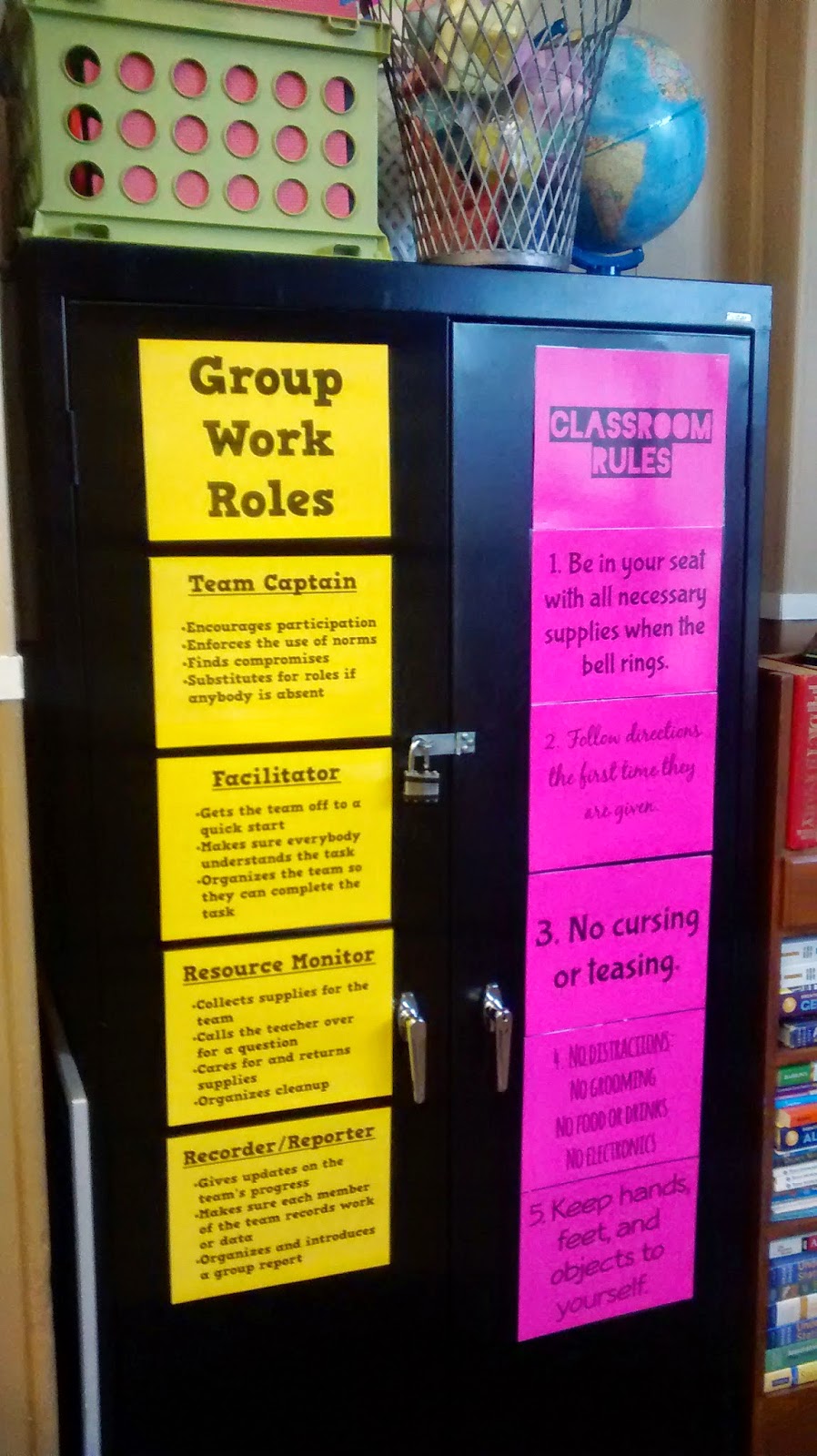
These roles and descriptions are stolen from Ilana Horn’s Strength in Numbers: Collaborative Learning in Secondary Mathematics. I know I’ve talked about this book a lot on this blog. But, it’s for a good reason. This book has radically changed how I view group work.
At OCTM earlier this summer, one of the presenters talked about how she implemented group work in her own classroom. She took these roles and printed them on small cards. These cards were laminated and stored in a library pocket. Whenever group work took place in her classroom, she would pass out a pocket of group role cards to each group. Each member would take the card that corresponded to their job.
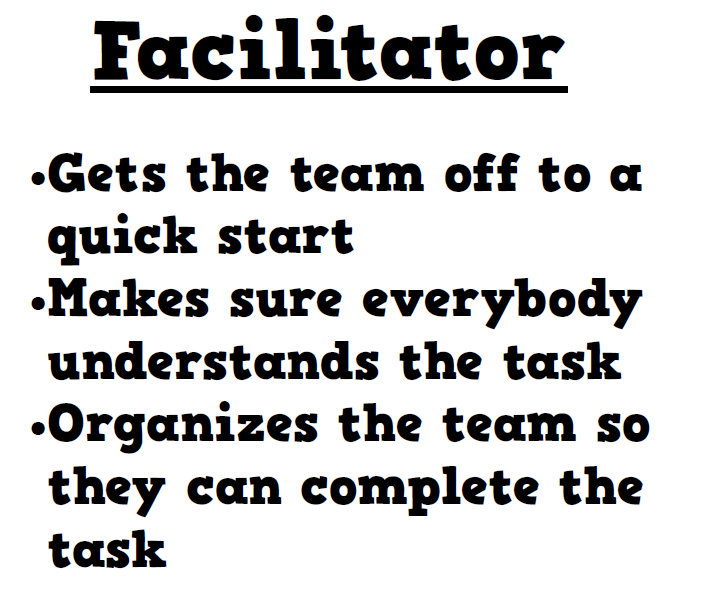
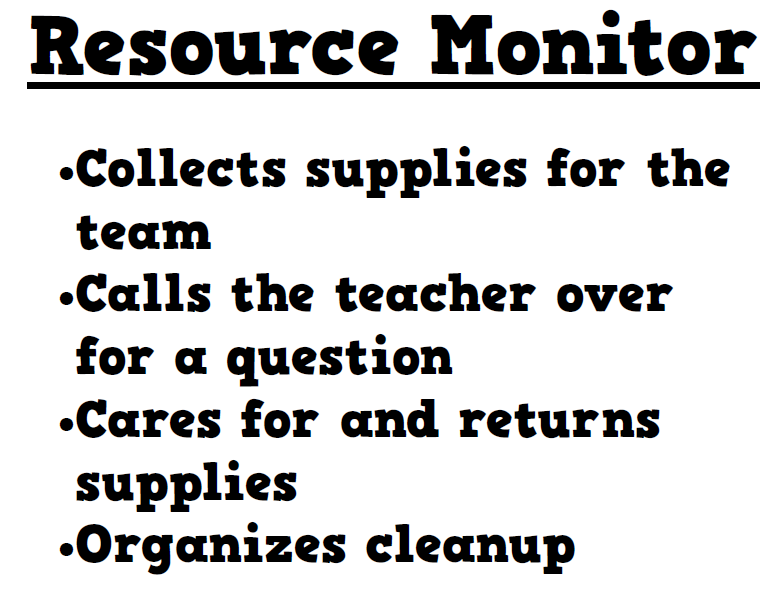
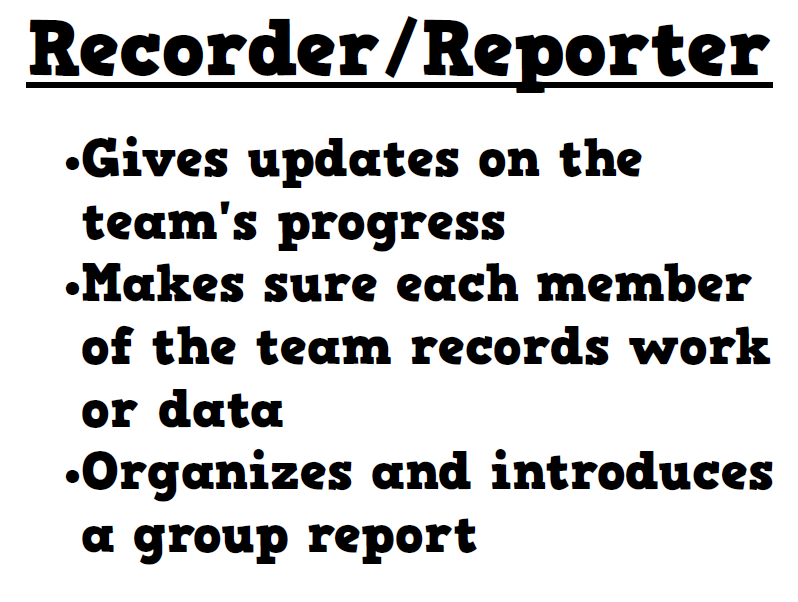
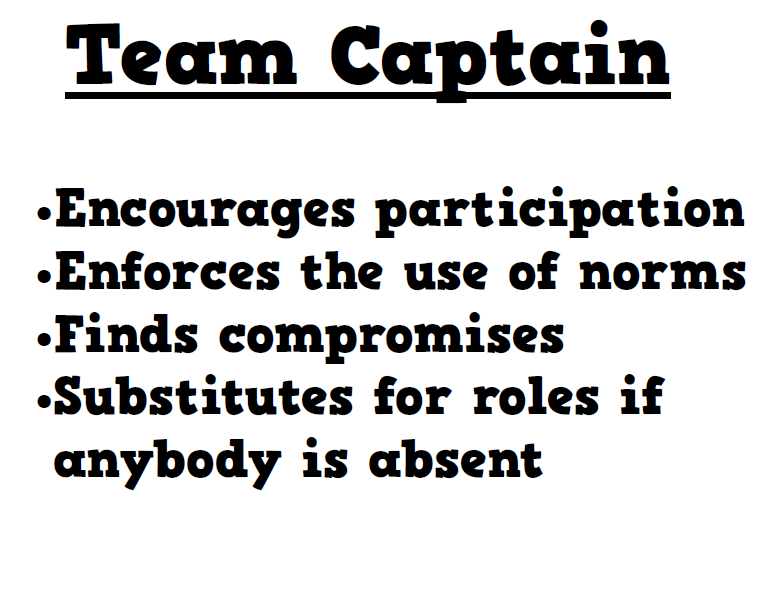
Free Download of Group Work Roles Posters
Click here to Download
Group Work Roles Posters (PDF)
2562 downloads – 16.26 KB
Looking for more posters? Check out my posters page!

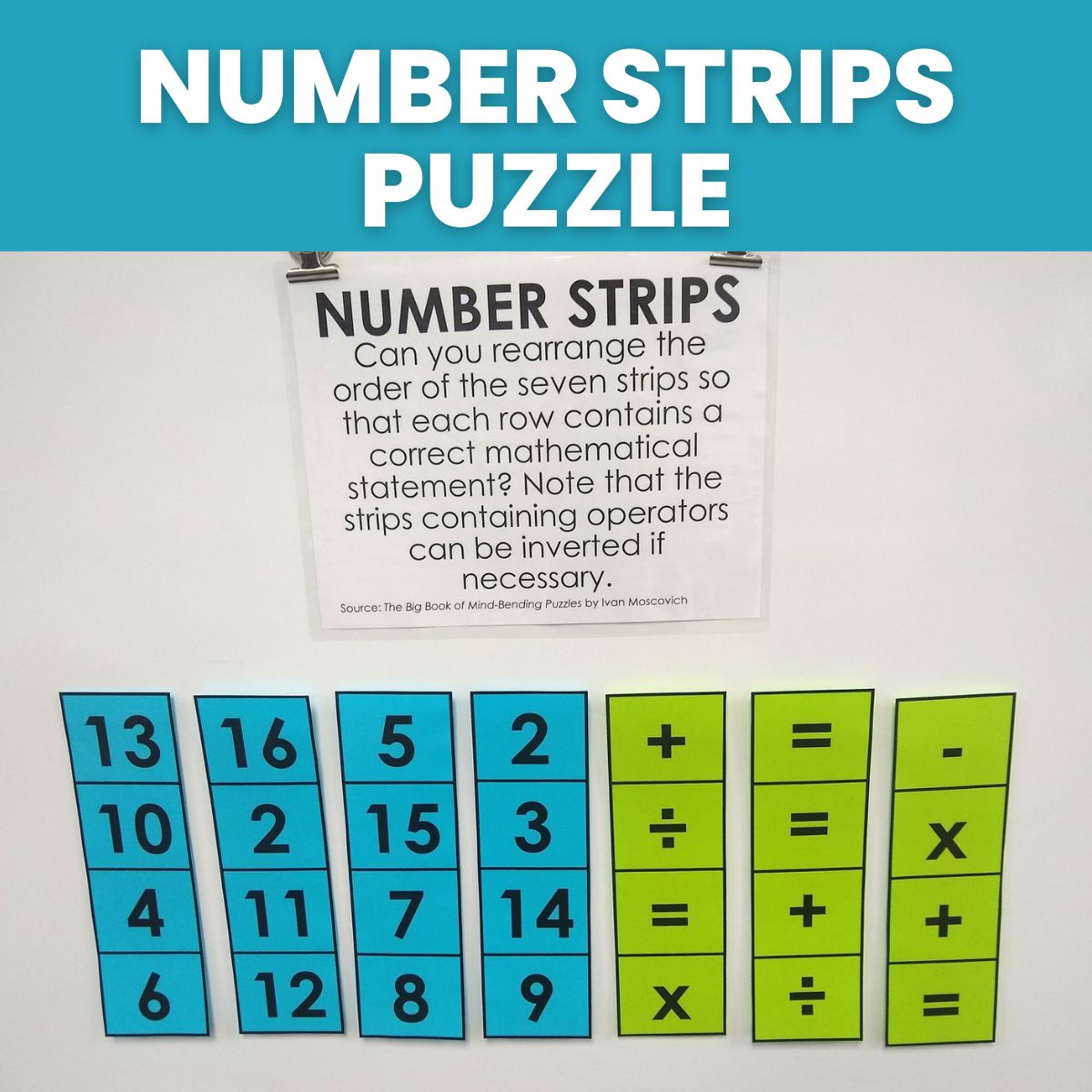
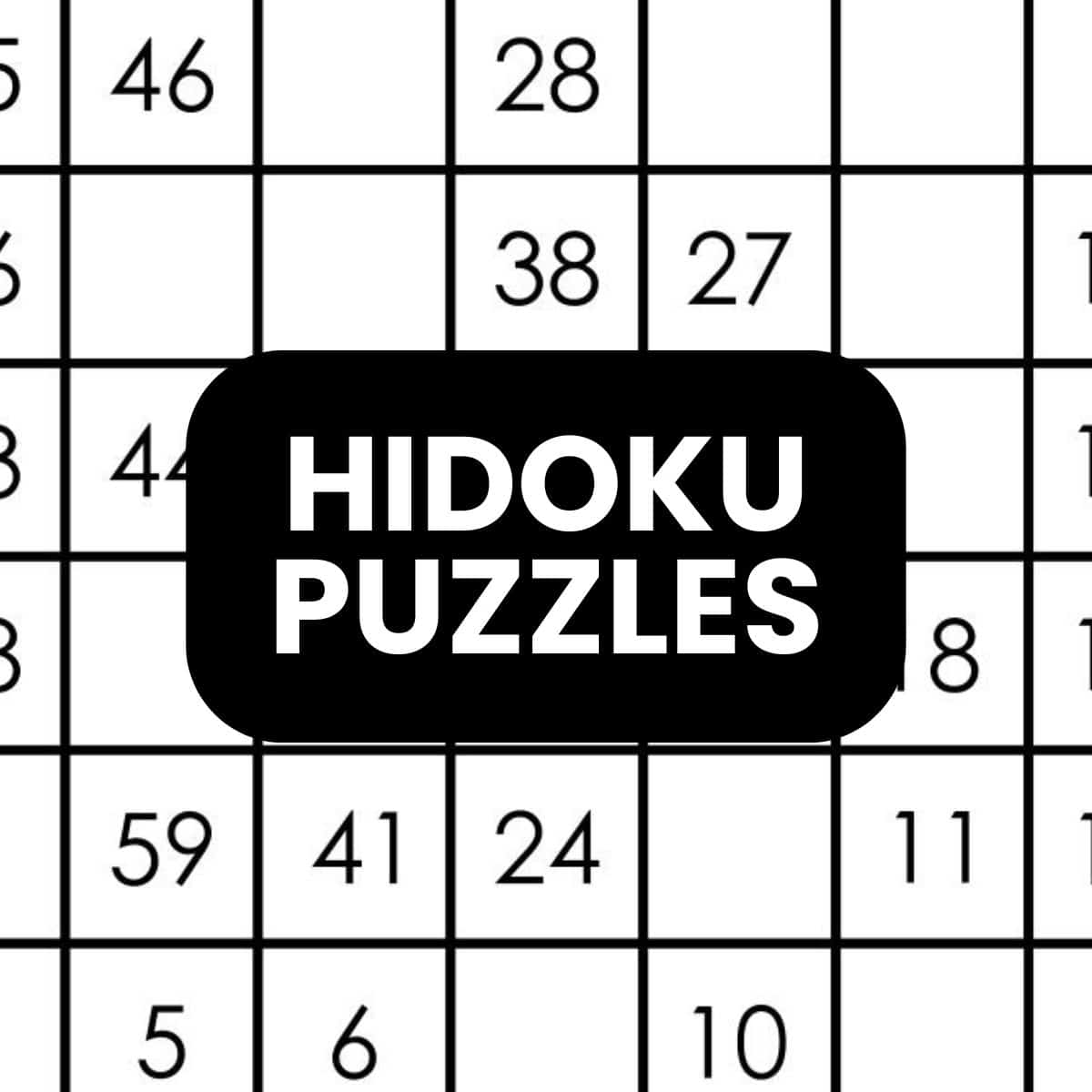
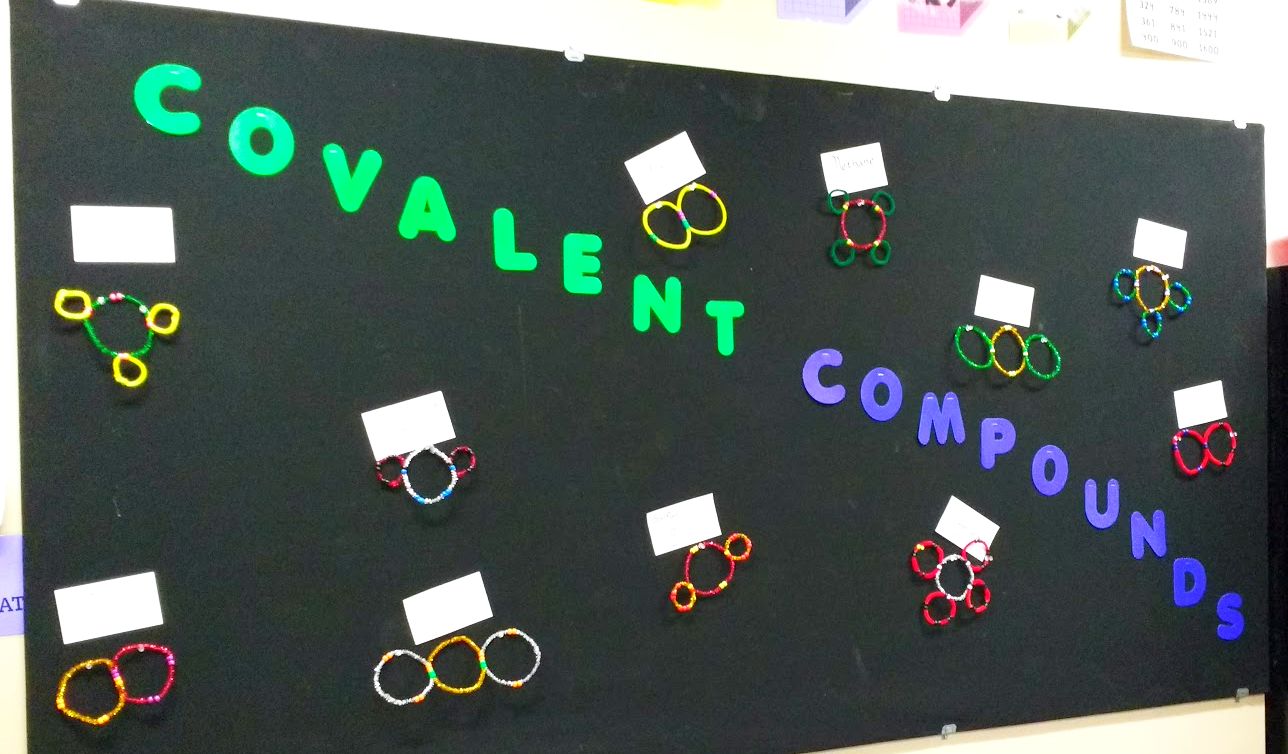
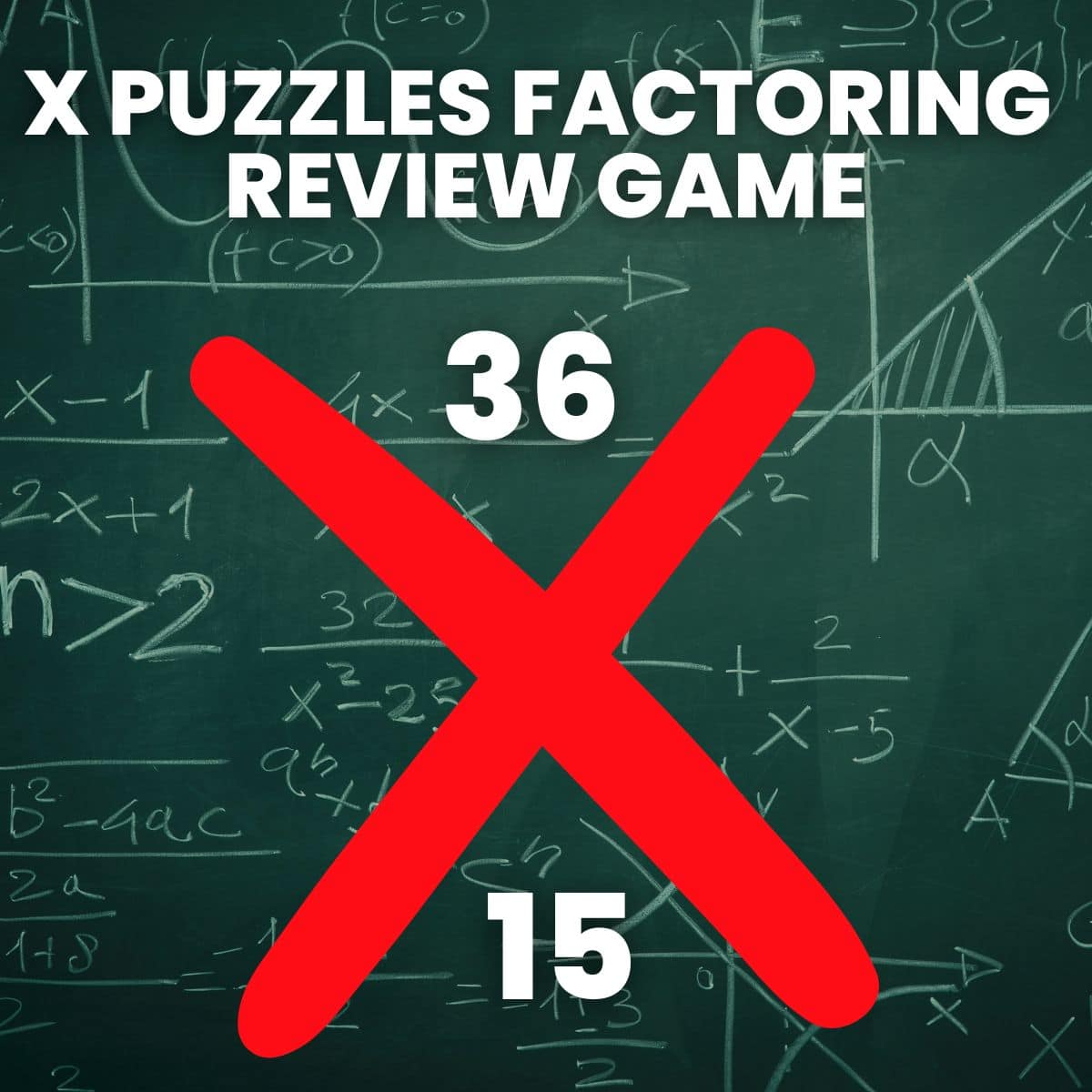
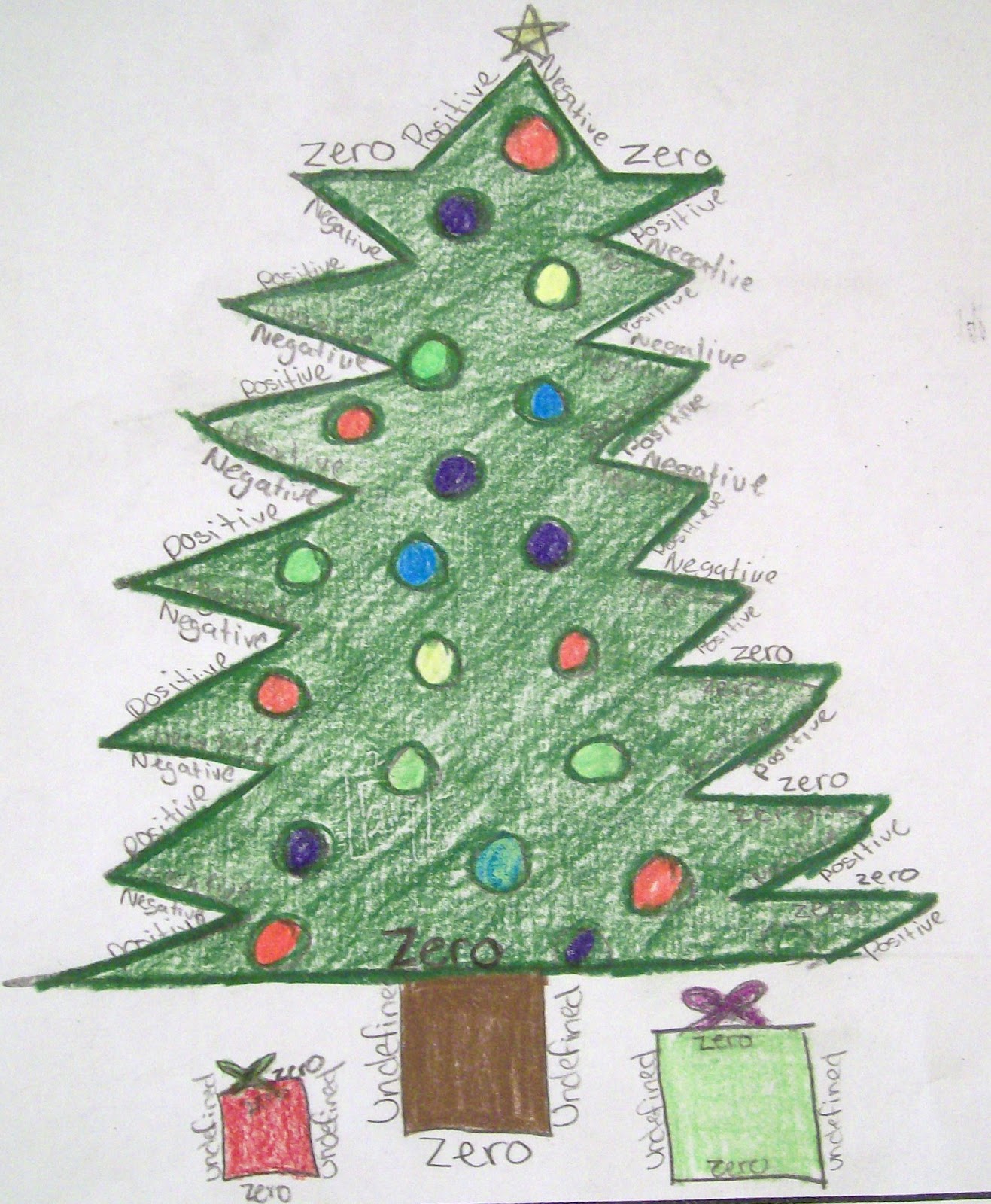

Kagan has an awesome cooperative learning training and will completely change the way you approach groupwork. If you ever get the opportunity to attend their training, it is worth it. My district brought them inn for a day of training last year and is bringing them back for another day next week. It is awesome stuff. They do not use roles, but rather different structures to enhance cooperative learning.
Thank you for sharing this!! I oftentimes let students assign their own roles within groups, but I like how this can randomize the group roles. In regards to assigning random groups, something that I like to do (and my students respond well to) is assigning groups based on random things such as birthdays, clothing color/style, shoe size, shoe or shoestring color, or whatever you so choose. I have used this technique in a couple of my evaluations and got higher scores because of it. So, feel free to use that idea. 🙂 If you have any questions about it, feel free to email me. I got it from my math methods professor. Best of luck on grouping. Once you get the hang of it, it actually can be quite fun!
I've been thinking lately about how I want to use roles in my groups. This is definitely helpful.
I used the notebook software to random pick students to call on and it would put them in groups (I just told it the size). But I usually put them in groups, so good luck with the randomizing.
I had used roles when I taught developmental reading/writing classes but never have created them for my math classes. Thank you for sharing!
You're welcome! I've never used them in a math class before either, so this should be interesting!
I use groups as a means to differentiate. The captain/ facilitator is my high performer, the middle is like the laboratory who reviews the notes or vocabulary, and the lower student is the person who,states what the question is asking. I randomly form groups of three. I like it, but I struggle to keep the kids accountable to the roles. Any ideas how to do that?
I struggle with this, too. I've found that I have to set up super clear jobs for each person, or they don't happen. It gets hard when you have so many groups to keep on task.
Thank you! I have tried changing up groups when they do not work. Something new I want to try are group contracts. We are just about to start a new unit, so it seems like a good time to try it. Any advice or resources?